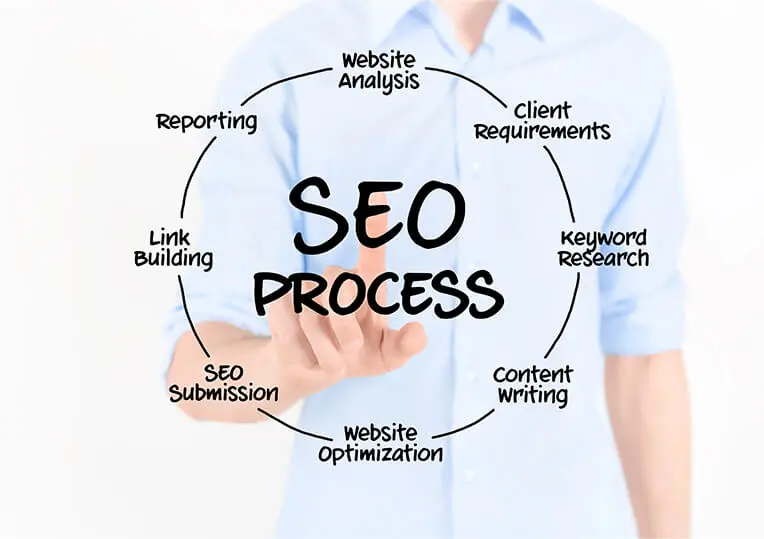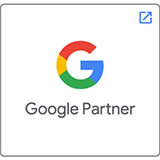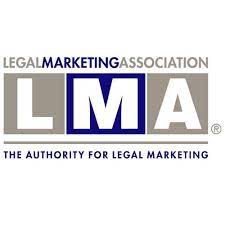On-Page vs. Off-Page SEO: What’s the Difference?

Creating a successful website involves more than just designing a visually appealing and user-friendly interface. Search engine optimization (SEO) is a crucial aspect of site development that helps improve your site’s visibility and ranking on search tools like Google, Bing, and Yahoo.
There are two main types of SEO: on-page and off-page. Both have different functions but work together to ensure optimal results for your website. This article will explore the differences between the two and how they can benefit your marketing efforts.
What is on-page SEO?
You may have heard of “on-page SEO” before, but what does it mean? On-page SEO refers to all the elements you can control on your website to optimize it for search engines.
This includes content, keywords, meta descriptions, and internal linking structure. Let’s dive deeper into these crucial components.
Content
Content is king in the world of on-page SEO. It includes all the text, images, videos, and other multimedia that make up your website. High-quality, relevant, informative, and engaging content can help improve your website’s ranking on search engines.
However, spammy, misinformed, or irrelevant information can have a negative impact since search tools strive to provide the best user experience by highlighting useful and trustworthy content.
So before hitting the publish button, ensure your content can be helpful to your target audience and enhanced for browsers.
Keywords
Keywords are specific phrases or terms that users type into browsers when looking for information. By incorporating relevant keywords into your content, you can help search engines understand what your website is about and rank it higher in related searches.
But be careful not to overuse keywords, which can result in keyword stuffing and harm your website’s ranking. Use keywords naturally and strategically throughout your content to avoid this penalty.
You may be wondering where to find the best keywords for your website. There are many tools available, such as Google Keyword Planner, SEMrush, and Ahrefs, that can help you identify popular and relevant keywords in your industry.
These tools also provide essential data like search volume, competition level, and related keywords, which can guide your keyword strategy.
Meta description and title tags
Meta descriptions and title tags are HTML elements that briefly summarize your webpage’s content. They appear on search engine results pages (SERPs) and can influence users’ click-through rates.
A well-written meta description should be concise, informative, and contain relevant keywords to entice people to click through to your website. It should not exceed 160 characters, as that is the maximum length browsers display.
On the other hand, title tags appear as the headline of your webpage on SERPs. They should be relevant to your content and contain necessary keywords. Keep it under 70 characters for optimal results.
Internal linking
Internal linking is when you link one page on your website to another. This helps users navigate your site and helps search tools understand how pages are related.
When done correctly, internal linking can help distribute authority throughout your website, ultimately improving your website’s visibility and ranking. It also helps keep users on your site for longer, reducing bounce rates and increasing the chances of conversions.
What is off-page SEO?
Off-page SEO refers to all the actions taken outside of your website to improve its position. These external factors can affect how search tools perceive your website’s relevance, trustworthiness, and authority. Here are some vital components of off-page SEO that should be included in your digital marketing strategy.
Backlinks
Backlinks, also known as inbound links or external links, are when other websites link to your website. Search engines see backlinks as a vote of confidence in your website’s content and credibility.
However, not all backlinks are created equal. It’s important to have high-quality backlinks from reputable and relevant websites and avoid spammy or low-quality links, as they can harm your site’s position.
Social media
A strong presence on social media platforms like Facebook, Twitter, and Instagram can help boost your website’s visibility and drive organic traffic.
Sharing your content on social media can also increase the chances of getting backlinks as people may come across your content and link to it on their websites or social platforms.
Online reviews
Online reviews, particularly on Google My Business, can impact your website’s off-page SEO. Positive reviews indicate trustworthiness and credibility, which can improve your website’s position on search engines.
Encouraging satisfied customers to leave and responding to negative reviews can improve your online reputation and ultimately benefit your SEO strategy.
Brand mentions
When other websites highlight your brand, it can impact off-page SEO. Search engines may see these brand mentions as a sign of authority and relevance, improving your website’s credibility.
Tools like Moz’s Fresh Web Explorer and Google Alerts can help you track brand mentions and identify opportunities for building backlinks or improving your online reputation.
Local SEO
Local SEO is crucial for businesses that have a physical location or serve specific geographic areas. It involves optimizing your website and online presence to appear in local search results, such as Google’s Local Pack.
Some ways to improve local SEO include creating a Google My Business profile, submitting your business information to online directories, and optimizing your website for local keywords.
Similarities between on-page SEO and off-page SEO
While on-page and off-page SEO involve different strategies and tactics, they ultimately aim to improve a website’s visibility and ranking on search engines. Both types of SEO require research, analysis, and optimization to succeed.
Additionally, both strategies focus on providing valuable content that meets users’ needs and establishes credence with search platforms. Both also require continuous efforts and adjustments to keep up with changing algorithms and search tool guidelines.
The success of on-page and off-page SEO techniques often go hand in hand, making it crucial to have a well-rounded and comprehensive SEO approach.
Whether you’re optimizing your website’s content or building a solid online presence, incorporating both on-page and off-page SEO tactics can help you achieve better results and improve your overall digital marketing strategy.






